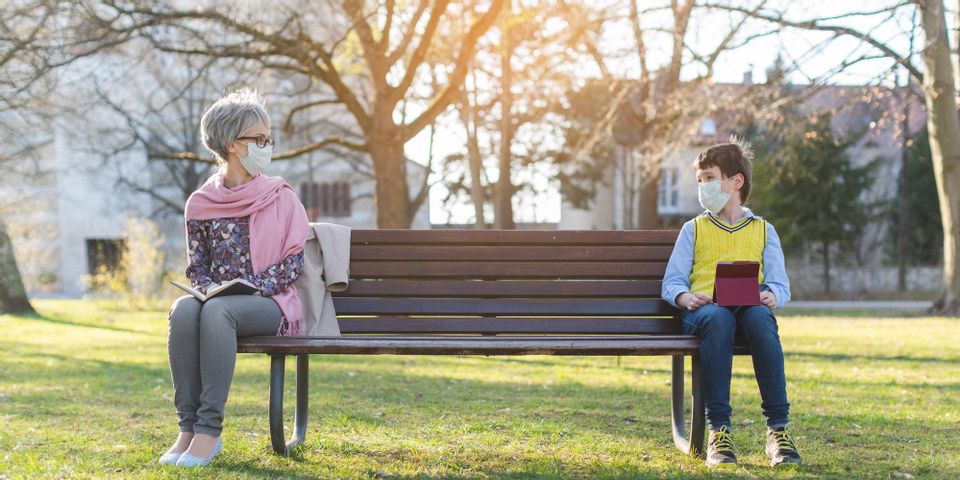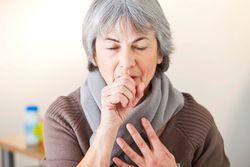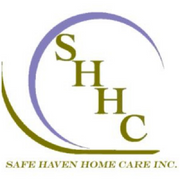4 COVID-19 Safety Guidelines for Older Adults

COVID-19 has placed an increased emphasis on the necessity of proper elderly care. Due to preexisting conditions, like heart disease, cancer, and diabetes, as well as a decline in immune system capabilities, seniors are at an elevated risk of contracting the illness. If there are elderly loved ones in your life, the Centers for Disease Control and Prevention (CDC) provided safety guidelines for them to follow.
How Can Seniors Protect Themselves During the Coronavirus?
1. Reduce the Risk
Prevention is always preferable to treatment. It’s best to postpone certain visits to the doctor. If the senior is feeling well enough, reschedule elective procedures and checkups. However, if they have a chronic condition requiring consistent communication, reach out to their doctor. The medical office may have set up a telemedicine option. It allows seniors to communicate with their physicians from home.
They should ask their doctor for 90-day supplies of their medications to prevent constant trips to the pharmacy.
Many local grocery stores are allowing customers to order items over the phone and have them delivered. You can also use services like FreshDirect® to order food or entire meals online and have them delivered straight to your loved one’s home.
COVID-19 spreads through droplets from speaking, coughing, and sneezing. If they need to go out, seniors should wear a mask that covers their nose and mouth at all times, along with gloves.
They should remain six feet apart from others, and wash their hands for at least 20 seconds with an anti-bacterial hand sanitizer.
2. Know the Symptoms
 Symptoms appear within 2 to 14 days after exposure. Common signs of the coronavirus include coughing, respiratory distress, fever, and a sudden loss of taste and smell.
Symptoms appear within 2 to 14 days after exposure. Common signs of the coronavirus include coughing, respiratory distress, fever, and a sudden loss of taste and smell.
The senior should call 911 and tell the operator that they’re seeking care for possible COVID-19 symptoms if their condition worsens. A worsening of symptoms may include difficulty breathing, chest pains, confusion, constant sleepiness, and bluish face or lips.
3. Keep Busy
Life during COVID-19 can be stressful, especially if seniors are housebound. They can pass the time and distract themselves by organizing old photos and memorabilia, telling stories to family over the phone, or watching classic movies.
4. Develop a Plan
Speak to your loved one about an elderly care plan if they become ill. Ask them to pick a nearby emergency contact who can be with them if they’re feeling sick. In-home caregivers can also provide support and help seniors get the treatment they need.
For many years, Safe Haven Home Care, Inc. has enriched the lives of seniors. They offer comprehensive support that’s based on your loved one’s needs. Whether they need help shopping, bathing, or managing their medications, seniors are given the highest level of elderly care and compassion. Safe Haven’s in-home services are available throughout Brooklyn, NY, as well as Queens, Staten Island, the Bronx, and Manhattan. To find out more about what their licensed and experienced team will provide, visit their website or call (718) 968-6970.
About the Business
Have a question? Ask the experts!
Send your question

